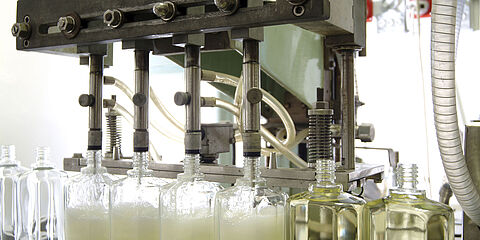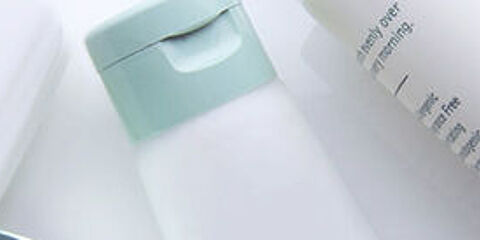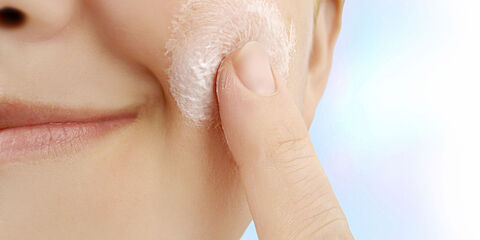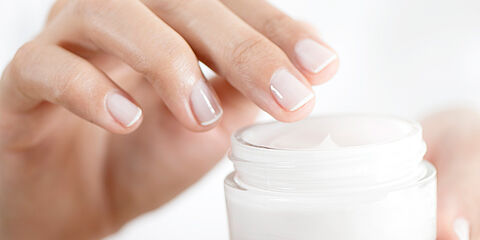Consulting and expert reports for cosmetic products
Quality and safety are the top priority for cosmetic products. Thanks to tailored consulting and expert reports, the experts at WESSLING offer the safety that suppliers, manufacturers and distributors need to launch their consumer products onto the market.
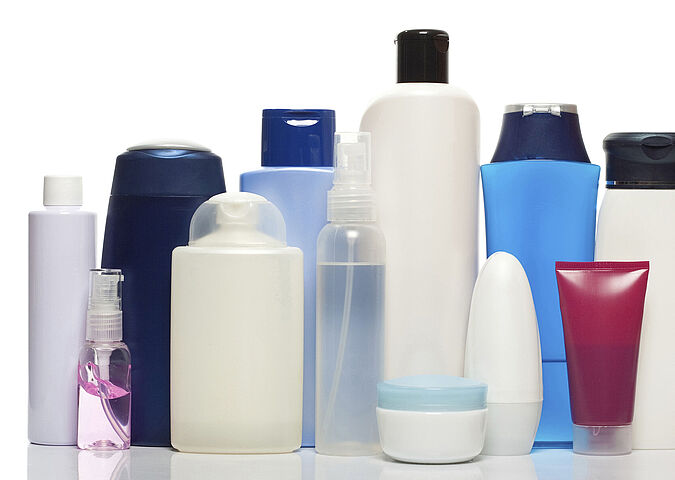
Consulting, analysis and expert reports – all available from a single source at WESSLING. Cosmetic products are subject to clearly defined legal requirements regarding marketability (labelling, efficacy claims), safety and conformity. Our cosmetic product specialists are familiar with the relevant ordinances and legal regulations at national and international level – and provide you with expert advice tailored to your individual needs.
Our specialists are also recognised experts for the examination of samples according to Section 43 of the German Food and Feed Code (LFGB - Untersuchung von Proben nach §43 LFGB (amtlich zurückgelassene Gegenproben)).
Consulting and expert reports in detail
Consulting and expert reports in detail
Checking labelling and efficacy claims
Checking labelling and efficacy claims
Are you unsure as to exactly how cosmetic products have to be labelled and which labelling elements are bindingly specified? This is primarily regulated by EU specifications, the German cosmetics regulations, the calibration law and the finished packaging regulations.

Accordingly, all products must at least exhibit the following labelling elements:
- Name and address of the responsible person
- Use-by date or period after opening (PAO)
- Intended purpose of the product
- List of components (ingredient list) with identification of nanomaterials and allergenic fragrances
- Batch identification
- Warnings or conditions of use, if applicable
- Specification of the filling quantity
We are highly familiar with the directives and regulations, will be happy to advise you on the labelling check and can prepare the necessary expert reports for your cosmetic products.
Checking of efficacy claims
It must also be possible to check and adequately back-up efficacy claims made for cosmetics. We help cosmetic manufacturers to meet the requirements set down in Directive (EU) no. 655/2013 so that their products can be brought to market and sold to consumers.
Consulting and expert reports in detail
Marketability and conformity
Marketability and conformity
Demands on the quality and safety of cosmetic products are taken very seriously by the trade. Top priority is given to product safety. To achieve this, so-called marketability certificates must be submitted before the product is first brought into circulation; issued by an independent body, these certify the safety and harmlessness of the respective product.

Initial placement of cosmetic products onto the market
You want to launch a new cosmetic product onto the market for the first time and are unsure what exactly you have to do for this? Irrespective of whether notification and reporting obligations, the provision of documents or the performance of specific analytical tests are involved, the WESSLING experts will be delighted to help.
Consulting and expert reports in detail
Official cross checks
Official cross checks according to Section 43 LFGB
For your product safety: our experts are registered as private experts for the examination of officially retained samples in the sense of Section 43 (1(2)) of the German Food and Feed Code (LFGB).
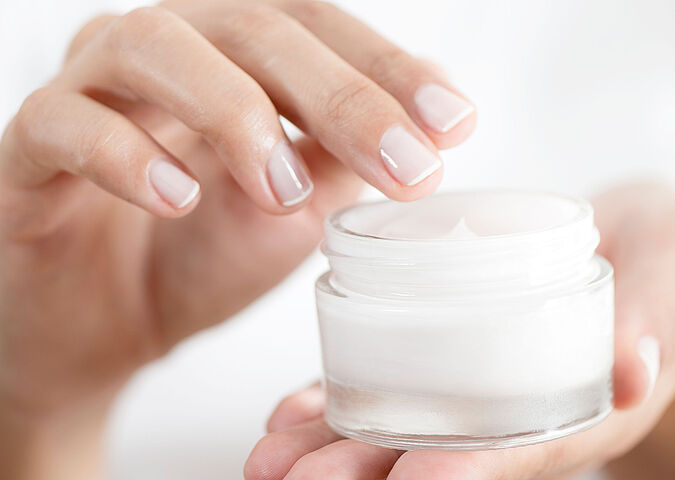
Consulting and expert reports in detail
REACh, CLP and the hazardous goods law
REACh, CLP and the hazardous goods law
The European Chemicals Regulation REACh, further chemicals legislation such as CLP Directive (EC) no. 1272/2008 (Classification, Labelling and Packaging of Substances and Mixtures) and the hazardous goods law present manufacturers of cosmetics with a multitude of tasks.
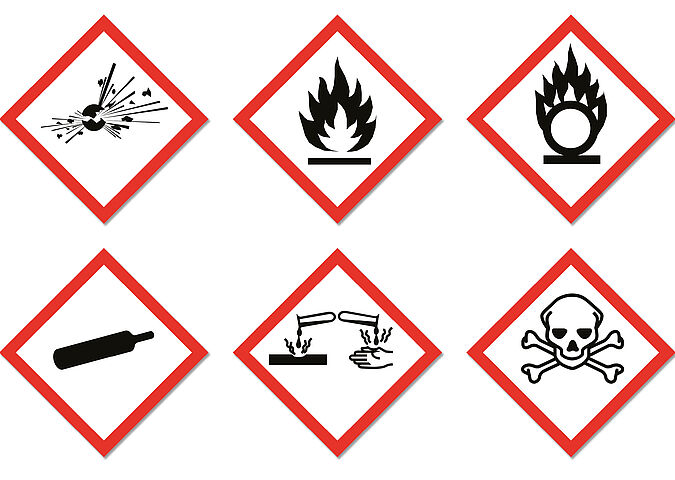
Cosmetic products are excepted from certain parts of the REACh regulation. Diverse tasks nevertheless have to be performed along the value added chain, because the manufacturers are responsible for safe use of the chemicals.
WESSLING offers a team of experts to provide support in terms of the REACh regulation and chemicals law. This includes, for instance, assessing which role is assumed within the supply chain and which obligations arise from it. From legal requirements when importing or producing raw materials and the registration obligations that may arise from this to labelling in compliance with the chemicals law, compilation of safety data sheets and the hazardous goods law requirements - our WESSLING experts are on hand to provide bespoke services for you and your product.
Your contact for REACh, CLP and hazardous goods law
We will be happy to support you.
- Matthias Mundt
- +49 2505 89-211
- matthias.mundt@wessling.de

Consulting and expert reports in detail
EU Cosmetics Directive 1223/2009
EU Cosmetics Directive 1223/2009 for cosmetic products
Since coming into effect, the EU Cosmetics Directive (Directive (EC) no. 1223/2009) has been valid in all countries within the European Union. All cosmetic products brought into circulation throughout the EU must therefore conform to this regulation. Since 2015, Swiss jurisdiction has also been harmonised with the EU Cosmetics Regulation.
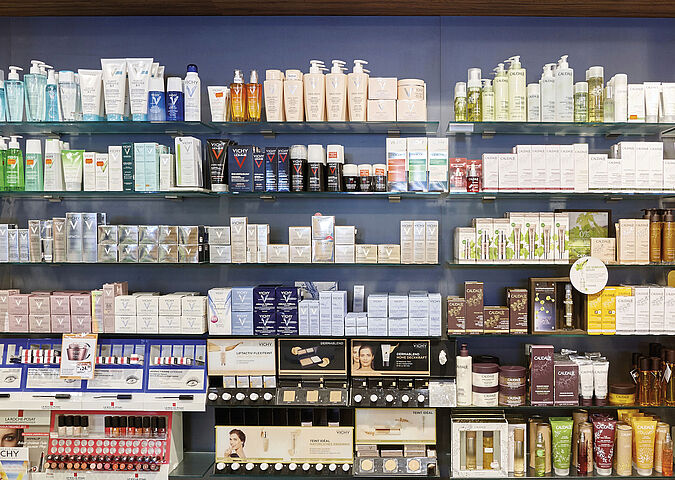
A total of 40 articles and ten annexes comprehensively regulate the safety and harmlessness to health of cosmetics. The regulation text is aimed at increasing the safety of cosmetic products whilst increasing the manufacturer's responsibility at the same time.
Amongst others, the legislation regulates the following points:
- Ban on the use of specific substances
- Substances with limited approval
- Regulations concerning dyes, preservatives and UV filters
- Labelling elements of cosmetic products
- Provision of certain product-specific documents (e.g. safety assessment)
- Manufacturer's notification and reporting obligations
- Specific regulations concerning the use of nanomaterials
- Verification of advertising claims
- Obligation of compliance with the principles of good manufacturing practice (GMP)
WESSLING's team of experts is familiar with the legal texts.
Consulting and expert reports in detail
German cosmetics regulations
German cosmetics regulations
The German cosmetics regulations essentially implement the regulations of EU Cosmetics Directive 76/768/EEC in national legislation.
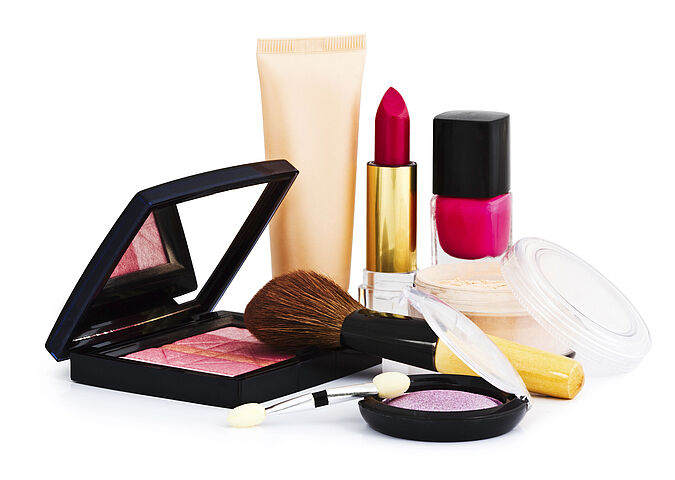
The German cosmetics regulations apply in addition to the EU Cosmetics Directive (Regulation (EC) No 1223/2009) and regulate the following points:
- Linguistic requirements when labelling cosmetic products
- Notification obligations to the national authorities when bringing cosmetic products into circulation for the first time
- Regulations concerning criminal offences and administrative offences
Cosmetic products may only be sold to consumers subject to adherence to the given specifications.
Consulting and expert reports in detail
Cosmetic advertising claims
Cosmetic advertising claims
A cosmetic product must do what it promises. Advertising, labelling, texts and photos may only contain characteristics that the product actually fulfils.

Directive (EU) no. 655/2013 therefore defines criteria that have to be taken into account when using advertising claims for cosmetics. Protecting the consumer from misleading claims is the primary objective. As a result of this, common criteria for advertising claims were defined; these serve to inform consumers understandably and can be used to select a product.
All advertising claims in the form of texts, descriptions or images must meet these criteria:
- Adherence to legal regulations
- Truthfulness
- Verifiability
- Honesty
- Integrity
- Informed decision making
Do you have any questions regarding advertising claims as per EU Directive no. 655/2013? The WESSLING experts will support you in checking the corresponding specifications.
Consulting and expert reports in detail
Finished packaging regulations
Finished packaging regulations for cosmetic products
The German finished packaging regulations, abbreviated to FertigpackungsV, implements the European Pre-packaging Directive 76/211/EEC. They regulate the extent to which the filling quantity of a product may deviate from the printing indicated on the packaging.
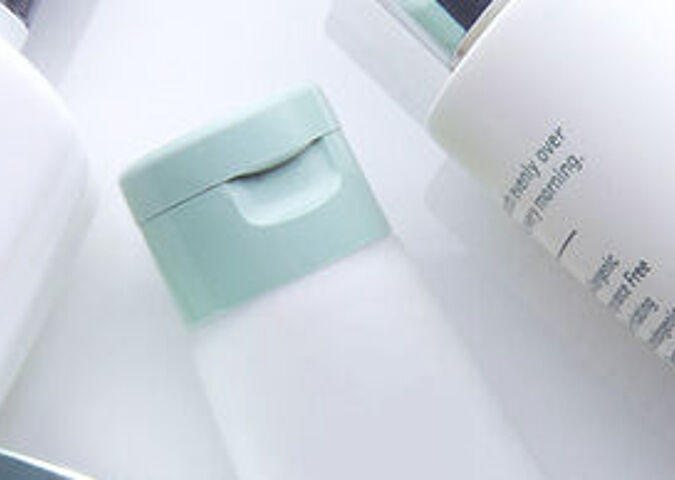
Amongst other aspects, the German finished packaging regulations specify the maximum negative deviation of the actual filling quantity from the filling quantity specified on the product. They also regulate whether the filling quantity has to be specified as a weight or volume as well as the font size required on the packaging. It must be noted that they only apply to products with a filling quantity between five grammes or millilitres and ten kilogrammes or litres.
Our finished packaging regulation services:
- Determination of the filling quantity of the cosmetic product
- Check of the font size for specifying the filling quantity on the product
- Check of the correct unit (millilitres or grammes)
Consulting and expert reports in detail
German Food and Feed Code
German Food and Feed Code for cosmetic products
The LFGB (German Food and Feed Code) defines a cosmetic product: according to it, all substances or mixtures of substances that are used externally on the human body for cleaning, protection, to maintain good condition, for perfuming, to change one's appearance or to influence the body's odour are cosmetic products. This definition corresponds to Regulation (EC) No 1223/2009.
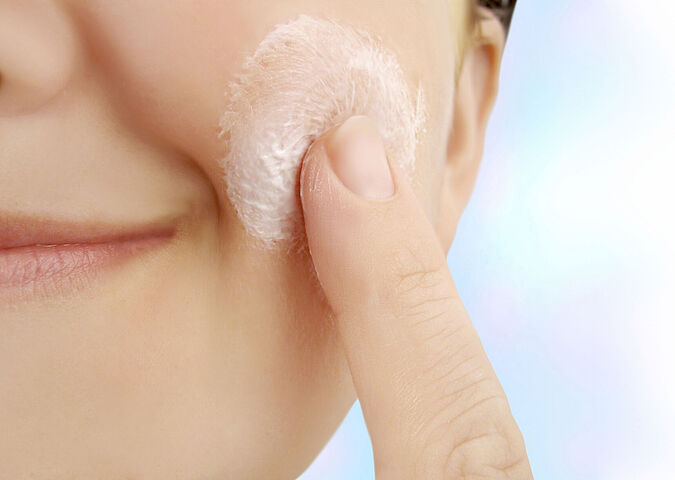
In addition to this definition, the LFGB also regulates health protection and protection from fraudulent misrepresentation for cosmetic products. For instance, no misleading descriptions, information or images may be used. Bringing products that may be harmful to the health of consumers onto the market is also prohibited.
Compliance with the requirements of the LFGB is a mandatory prerequisite for being able to launch your cosmetic products onto the German market safely.
Your contact for consulting and expert reports on cosmetic products
- Marc von Essen
- +49 2505 89-633
- cosmetics@wessling.de

„Our experts ensure that you can bring your cosmetic products to market - with expert reports and consulting services based on your needs.“

